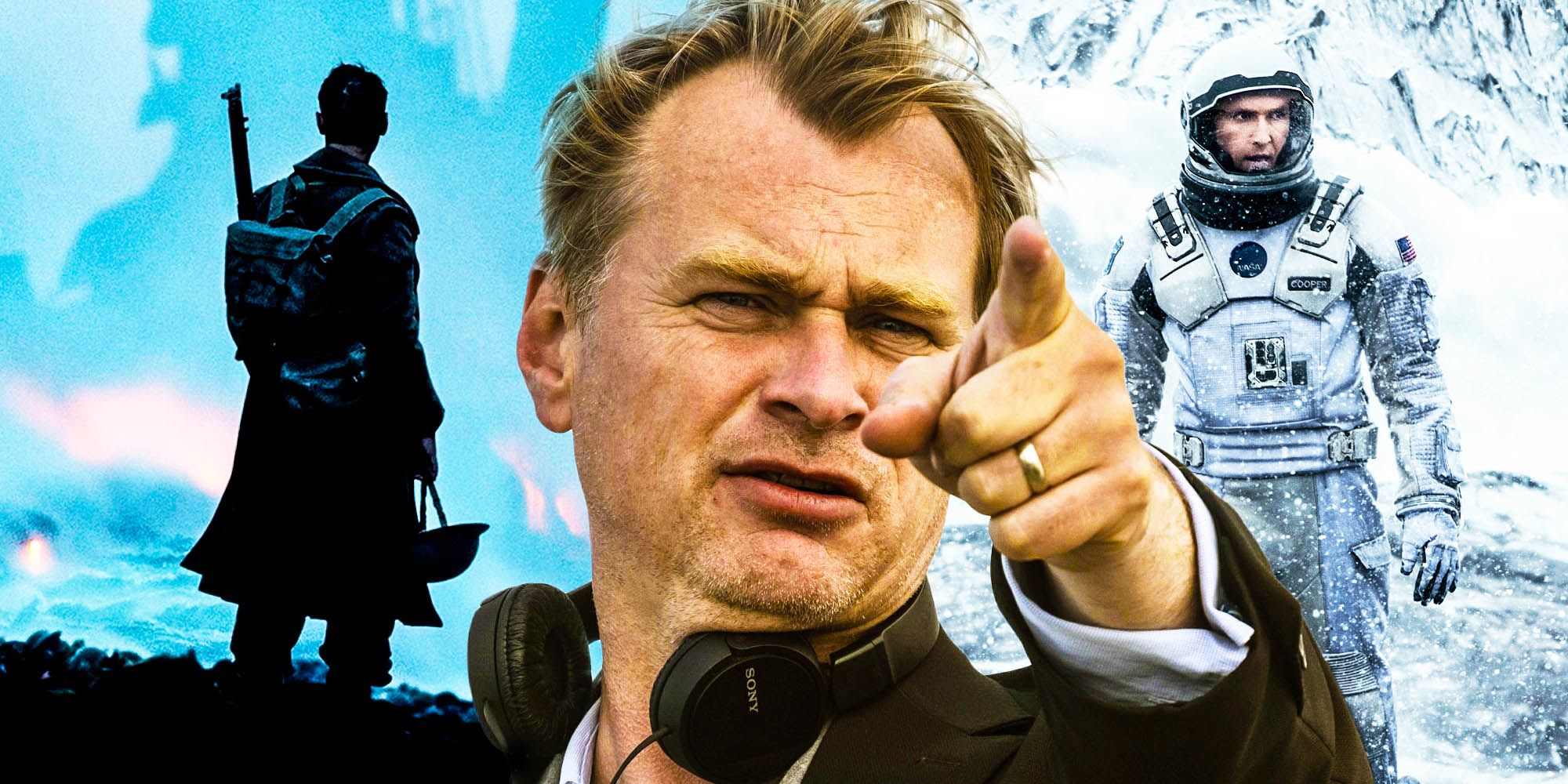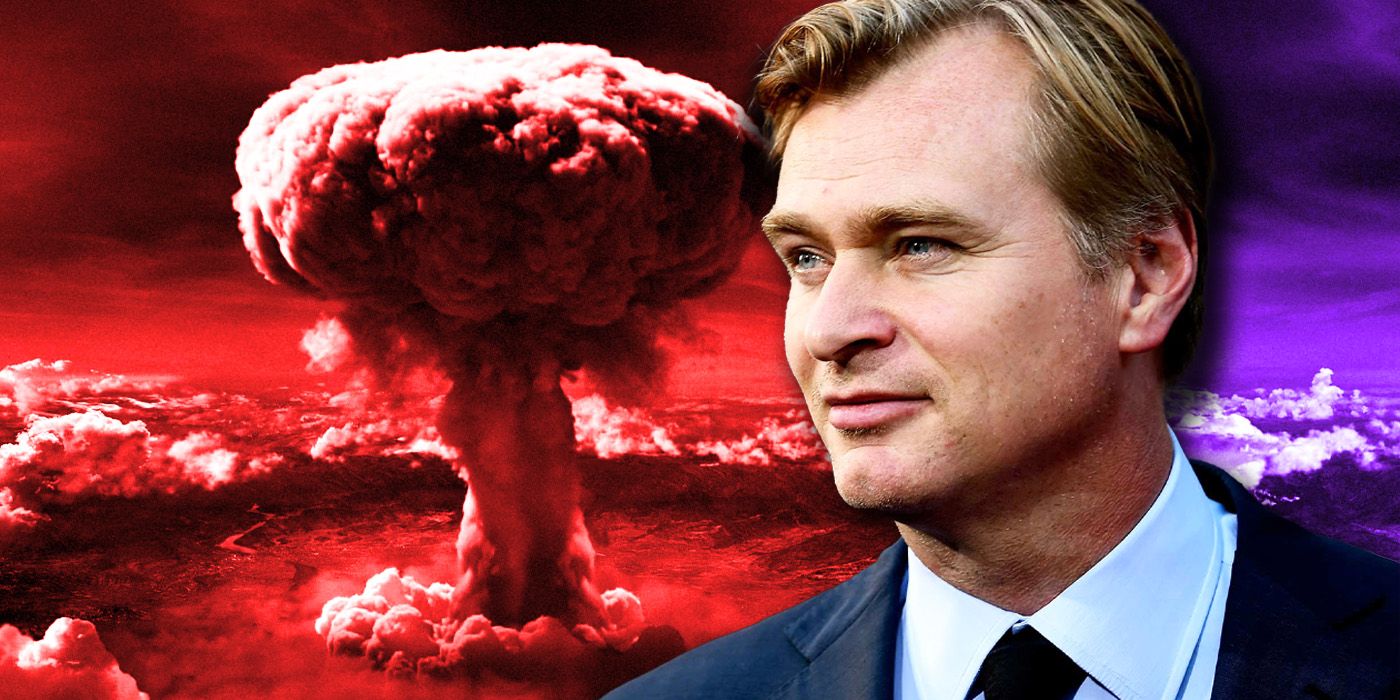Contrary to what most viewers would expect from him, Christopher Nolan’s next project won’t be a sci-fi movie, but it can still bring together his best genres. Christopher Nolan’s name has become synonymous with sci-fi, drama, and themes like identity, memory, and time, which have been recurrent in his work. All this, along with his take on Gotham City and Batman in the Dark Knight trilogy, have earned him the respect of critics and viewers, who keep an eye on his career and what his future projects might be.
Nolan’s most recent project was Tenet, which has his trademark style and narrative but wasn’t as well-received as expected. Although it got mostly positive reviews, many criticized its confusing plot, and Nolan’s insistence on the movie being released in theaters amidst the coronavirus pandemic didn’t help at all. This fractured the relationship between Nolan and Warner Bros., and so he has now taken his next project to Universal Pictures. As with most of his projects, details about this new movie are being kept under wraps, but from what’s known about it, it all points at it being the perfect combination of Nolan’s best genres: science and drama.
As mentioned above, Nolan’s work has become so popular thanks to how he explores themes like time with touches of sci-fi to make it more exciting, as he did with Inception (which brings together the concepts of dreams and time), Interstellar (space and time) and Tenet. Nolan’s movies also rely on drama, with each one having a heavy emotional charge, but he has also explored other areas within this genre, such as war drama, as he did with Dunkirk. His newest project, then, can bring together war drama and science (though not sci-fi, but still linked to it and Nolan’s style) as it's a World War II story focused on J. Robert Oppenheimer.
Oppenheimer was a theoretical physicist and the wartime head of the Los Alamos Laboratory. Due to his role in the Manhattan Project, the World War II undertaking that developed the first nuclear weapons, he’s credited as one of the “fathers of the atomic bomb”. Once the war was over, Oppenheimer became chairman of the General Advisory Committee of the United States Atomic Energy Commission and lobbied for international control of nuclear power to avoid nuclear proliferation and a nuclear arms race with the Soviet Union, and he later opposed the development of the hydrogen bomb. All this context points to Nolan’s Oppenheimer project being one that can bring together his best genres, with the science side being all about the atomic bomb (and not time and space), a story set during the war and a heavy dramatic charge with Oppenheimer’s moral struggles and personal story.
Christopher Nolan’s new movie will be different from what most would expect from him, but it can be a perfect combination of the genres that have made him so successful, and of course, all this with his peculiar narrative style. Nolan has already explored the genre of war drama with Dunkirk, which came right after Interstellar, so this shift from sci-fi like Tenet to drama with Oppenheimer is a good one for him and the audience, and it brings more opportunities than what it seems.


